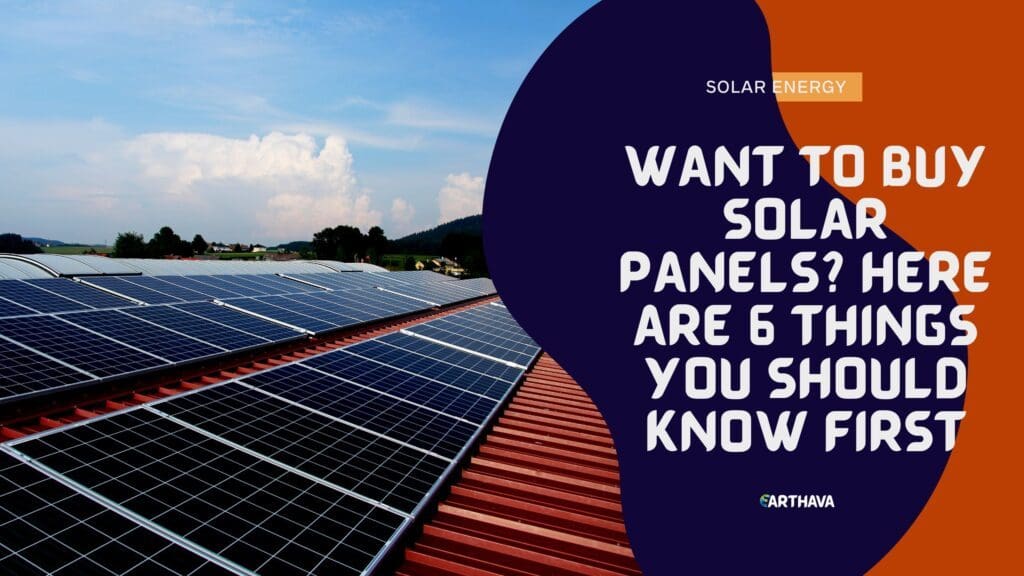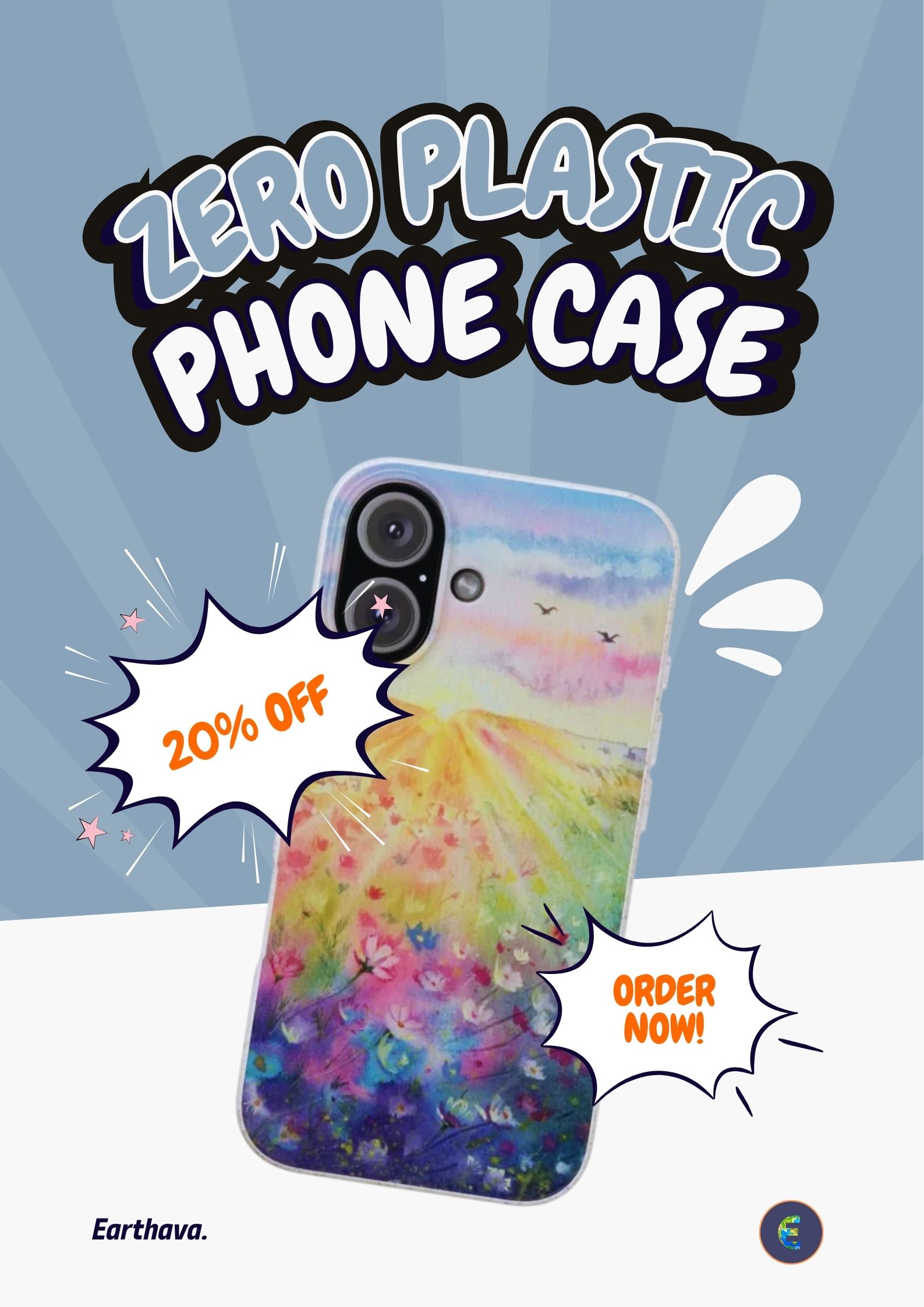More and more families in the U.S. are making the switch to solar energy, which is widely considered a more natural, eco-friendly form of power.
Solar panels, made from silicon cells that join together to form a circuit, collect energy from the sun and convert it into electricity. This electricity is called direct current (DC) electricity, which is then converted by a solar inverter into the electricity that most homes use— alternating current (AC) electricity.

The solar inverter is connected to a meter that’s hooked up to the area’s electric grid, and it is how people can read the amount of electricity their solar panels are producing.
If you’re considering making the switch to solar energy, there are a few things you should know before you buy solar panels about making that transition.
How Much is Your Current Bill?
One of the highest expenses you can have is your power bill. Without even realizing it, you can pile up incredible amounts of energy usage.
Between household lighting, air conditioning, chargers, entertainment technologies, and kitchen appliances, there are far too many ways for you and your home to be using power for you not to be conscientious about your power usage.
It’s important to know exactly what your power consumption is in your home. Conducting a home energy audit is crucial to understanding how you use energy and can help you find potential leaks. Leaks alone cause about 30% of your home’s energy loss. If your home is experiencing both leaks and inefficient appliances you’ll be looking at massive power bills on a monthly basis.
In the context of solar energy, it’s important to know how much energy you consume so you can know the number of solar panels you’ll need to offset that energy usage. You should also have a reference point for when you do switch over to using solar energy.
That way, you’ll know how much money you’re saving.
Maintenance
The maintenance requirements for solar energy systems are surprisingly few. As a seemingly complex technology, most people think that repairing or replacing solar panels is a painful process, but in reality, it’s not as bad as you’d think.
For starters, most solar panels will be tilted, so nothing like rain or snow will be able to just sit on them for days at a time. This protects them from the lasting effects of the elements, as most materials will slide right off.
The typical solar panel comes with a 25-year warranty, so you’ll be able to have your panels repaired or replaced pretty easily. It also only takes a few hours to have a solar installer come to make repairs.
Net Metering
If you’re unfamiliar with this term, that’s alright. Not many people know what net metering is, but once you learn, you’ll be glad you know about it.
Net metering is the billing system that credits a homeowner for any excess power on their future power bills.
When solar panels produce more power than a house needs, that extra energy, measured in kilowatts, is pushed back onto the electric grid. This prevents you from being charged on your monthly bill for energy your panels generate but goes unused.
During the winter months, net metering is especially beneficial, as solar panels produce less power while the sun’s energy is weaker. Having that credit on your cold month bills is always nice.
Buying vs. Leasing
Believe it or not, it’s now a better option to pay for a solar power system for your home. The common perception has always been that you should lease one, especially since the early 2000s, but times have changed.
The prices of home solar systems have dropped roughly 70 percent, which makes it more cost-efficient in the long run to pay for a system you’ll eventually own.
Think of it as an investment, not just a cost. It’s even been estimated that owning a solar energy system could add around three percent to your home’s value.
Misconceptions About Solar Energy
The first thing people assume about solar energy is that it’ll take them off the grid, which isn’t true. Homes that use solar energy almost always stay connected and keep paying a flat rate monthly fee. This fee is usually only about five dollars, but it’s still a fee that keeps you attached to the grid.
Obviously, solar panels only produce energy while the sun is up, so at night the power source switches over to a sort of “sleep mode.” For most homes, the energy accumulated during the day very adequately covers the usage needs of a home at night.
The other thing people worry about is drastic changes to their homes. Fear not, though — your home doesn’t have to undergo a facelift for the sake of solar energy. All the installers do is put the panels on your roof, connect them to your home’s grid, and you’re in business.
There aren’t any extra or weird buttons in your house or any strange devices attached to your walls.
Storage Options
Powering your house during the day using the power of the sun is nice. But what about storing that energy?
Solar energy storage is still a relatively young idea, and researchers are trying to make more sense of its possibilities. This isn’t to say it’s not an option for you— it’s just that there are a few uncertainties with how efficiently the technology functions at this point.
There are devices you can buy to help store the solar energy that your panels intake, but they’re fairly expensive. Even if storage options are limited at this point, though, it’s still a relatively easy process to add solar panels to your home.
When you’re ready to buy solar panels, you’ll save the environment and save some money at the same time.






